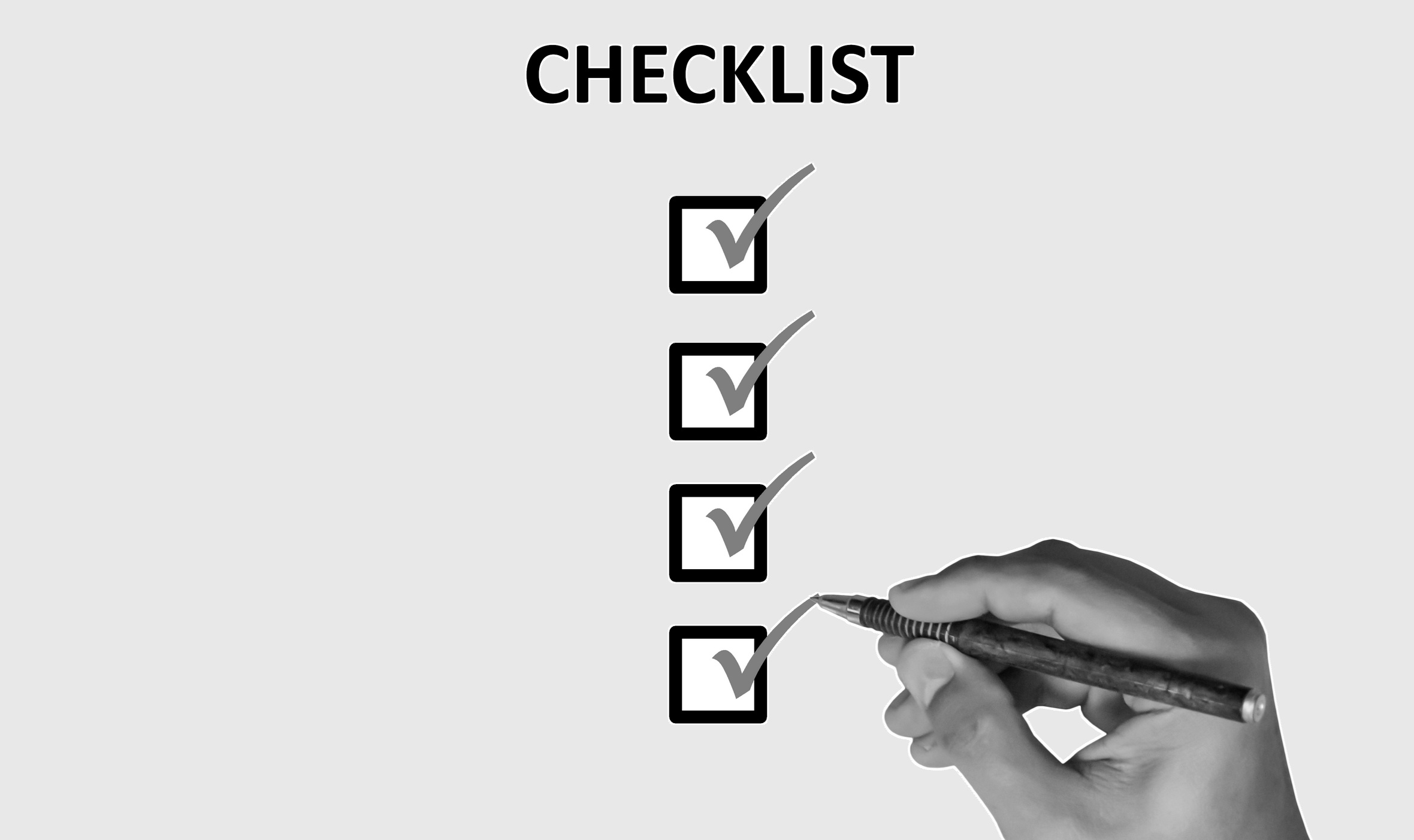Council IT chiefs tell Sooraj Shah that, although the Internet of Things has huge potential for local government, it’s still early days for the technology.
The Internet of Things has huge potential for local government – Photo credit: Flickr, wilegengebroed
By 2020, about 38.5 billion devices will be connected to the internet around the world.
Collectively, they are referred to as the Internet of Things (IoT), and the real-time data they push out is of huge value to both the organisations that make the products, and the consumers that buy them.
This potential hasn’t gone unnoticed by the government. In March 2014, then prime minister David Cameron pledged to spend £45 million to help develop the UK’s IoT capabilities, and in the following year’s budget there was £40m set aside for developing applications for IoT.
Related content
River Clyde Housing trials Internet of Things for social housing
Government set to boost big data and Internet of Things spending
Smart cities need smart security solutions
And the technology offers particular opportunities for local government, says Richard Copley, head of digital change at Rotherham Council.
“It’s not hard to see where the IoT savings will come from,” he says, citing as examples the launch of a range of IoT devices that local authorities can make use of.
These include salt bins that tell councils when they’re running low, waste bins that inform staff when they need emptying, and road surfaces that tell the council they’re warm enough not to warrant gritting.
But it doesn’t have to stop there – as Camden Council’s interim CIO Omid Shiraji explains, IoT could also help in social care situations.
For instance, he says, you can now put sensors in a number of different areas, such as a fridge or a toilet – that way if that fridge hasn’t been opened for a few days or the toilet hasn’t been flushed it could flag that there is something wrong.
In its research, Camden Council has dug deeper into these social issues with one citizen and single parent who had been moving around for several years. The council found that there were several points at which the council could have intervened to help – one of these being that a door in a social housing estate needed replacing several times.
“We had gone to replace the door a number of times at this property,” says Shirajj. “Now, that’s an indicator for domestic violence, but as far as we were concerned it was a repair.”
But, he continues, with intelligence sensors on items like this door, “it could be giving you data you need to inform complex social care issues”.
From research to action
Copley says that it’s difficult to think of an area that won’t be revolutionised by IoT eventually, although it will be some time before local government can start exploiting it properly.
But that hasn’t stopped councils from taking steps to integrate the technology into their strategies.
For Camden, IoT and digital form a major part of Camden Council’s new organisational strategy.
Shiraji says the council is looking at trialling smart parking sensors, IoT bins, streetlight dimming and a project with waste management which would enable residents to know when their waste is going to be collected. But this is just the start, he says.
David Wilde, CIO at Essex County Council, echoes this sentiment. He has a vision of providing “an all-encompassing IoT service at home”, which would include things like pressure pads that are connected to an alarm system.
He says this should be provided in the same way that subscription services from the likes of Sky and BT, rather than citizens having to buy the individual components themselves.
Making the business case
While many of the ideas for IoT sound promising, it is still a challenge for information bosses to make the case for investing in the technology to their chief executives and boards.
But Wilde believes that as long as IoT projects are looked at from an outcomes perspective, those business cases shouldn’t be hard to make.
“If [using IoT in a certain situation] is common sense then you will be able to get the right sort of business case,” he says, “but if you’re struggling to understand why you’re doing it, then maybe the business case won’t work.”
He adds that IoT shouldn’t be constrained to individual items, saying that a simple example of this is the IoT fridge that tells people when they need to buy groceries.
“That doesn’t in itself save you money, and it is going to cost you £200 more,” he says. “But if it is tied in with some other products that can help you reduce your grocery spend by £20 a month – then within 12 months that pays for the additional cost of the fridge.”
A return on investment, however, doesn’t necessarily have to mean a monetary return.
“There is an off-balance business case to consider in some uses of IoT, which I don’t think will be difficult to make,” says Jos Creese, former CIO of Hampshire County Council, and currently the chief executive of consultancy CCL.
“We’re moving into an era where business cases need to consider some of the wider cultural issues and not just the price tag.”
Looking for inspiration
And for former Camden Council CIO John Jackson, using IoT isn’t just about the technology.
“It’s about matching up the data with cross sector skills, predictive modelling and real time analytics that will achieve the breakthrough innovation,” he says.
“That’s why the smart city projects are so key in Bristol and Milton Keynes, because they are joining things up that weren’t joined up before. They are making it simple to share data at scale, building platforms based on interoperability and it’s all easy to use – that’s a winning combination.”
In the future, Wilde says that councils should be working with developers about creating more efficient communities that are IoT-enabled.
“This adds value to property prices, and that’s where it gets really exciting,” he says.
“We could be shaping multi-million pound markets to produce better quality housing which is more efficiently run, and people will want to buy these because it would save them money.”
It’s clear that there is the vision for IoT in local government – but putting that into action will require not only good planning, but also significant buy-in from council chiefs and political leaders.



